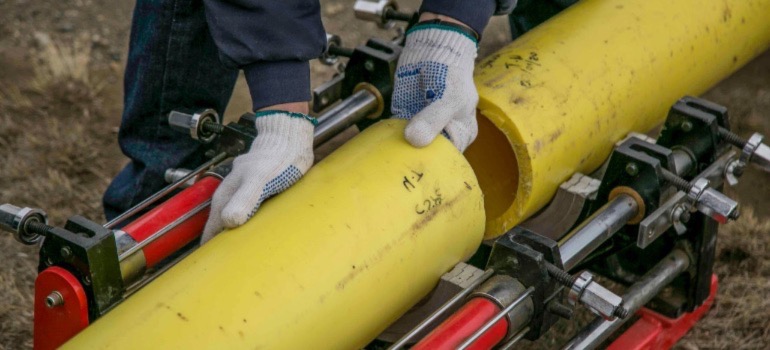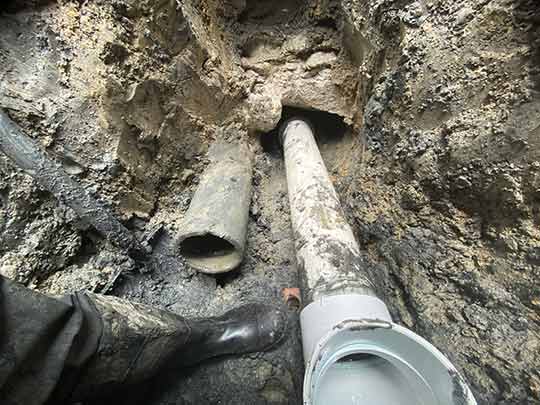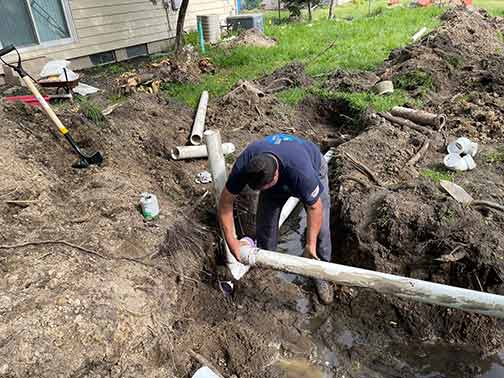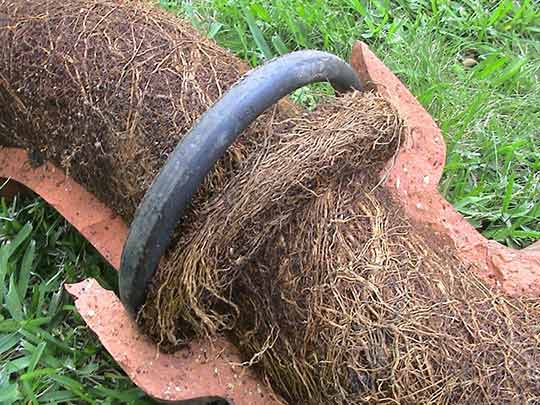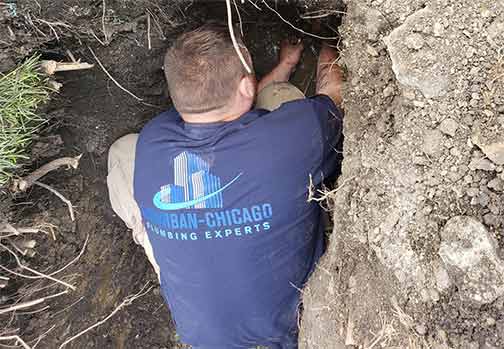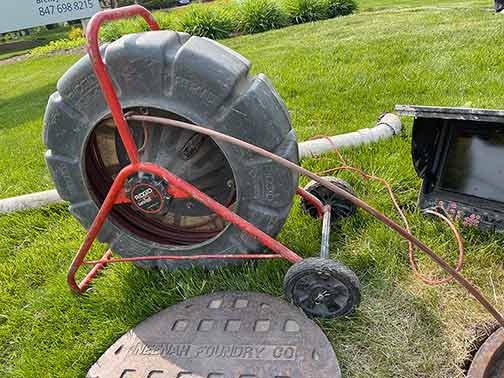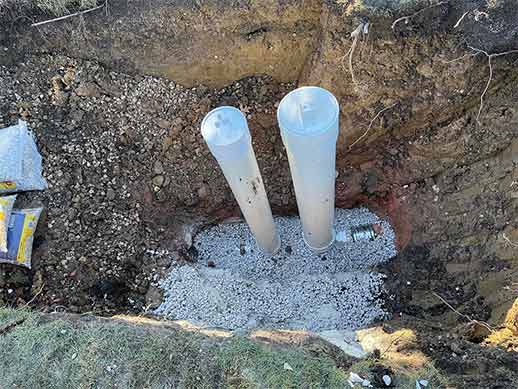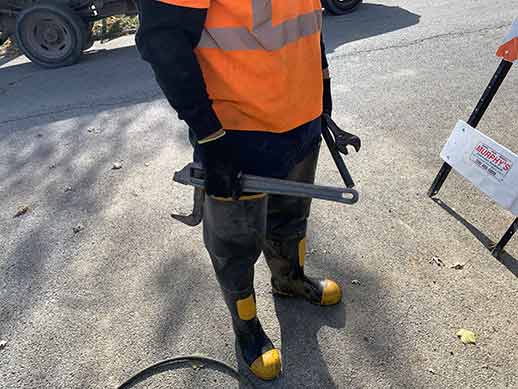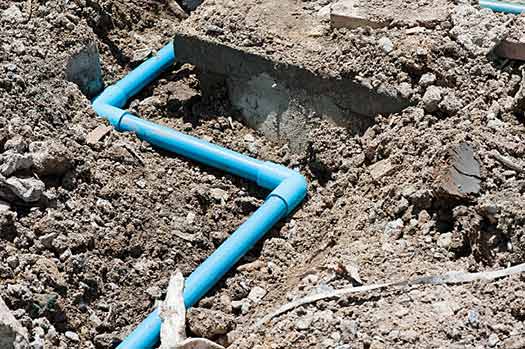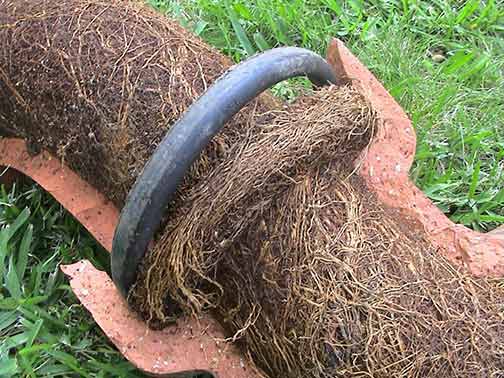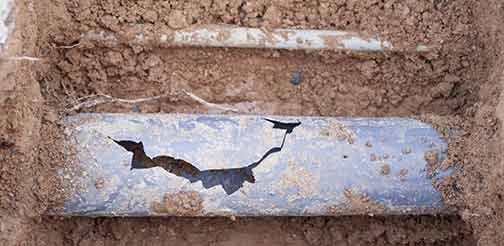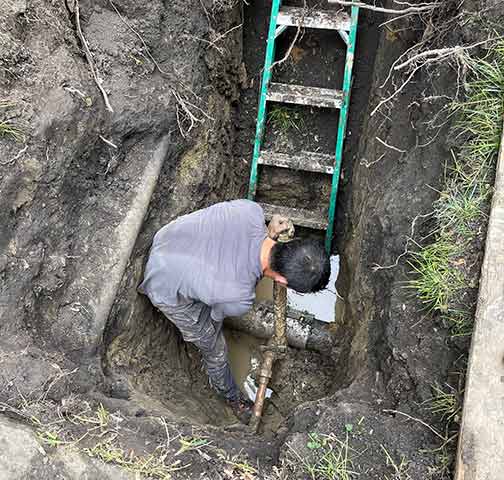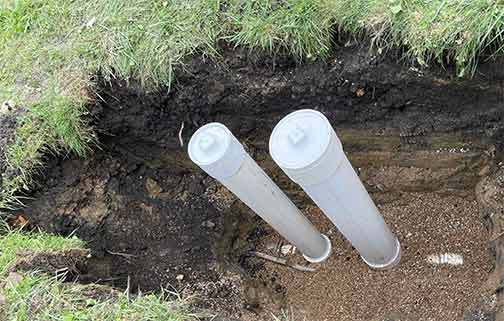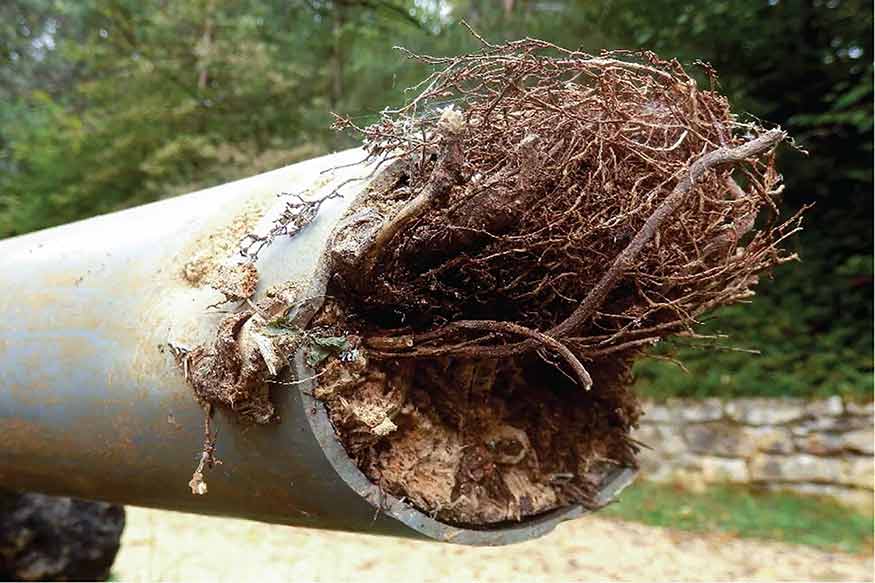Understanding the Costs Associated with Sewer Line Repair
When homeowners face issues with their sewer lines, one of the first concerns that come to mind is the cost of repairs. Sewer line repairs can be complex and expensive, depending on the extent of the damage and the specific requirements of the repairs. Below we will explore the various factors that contribute to the cost of sewer line repair and provide homeowners with a better understanding of what to expect.
The Importance of a Well-Maintained Sewer Line
Before delving into the costs, it is crucial to understand the significance of a well-maintained sewer line. The sewer line is responsible for carrying wastewater away from your home to the main sewer system. A well-functioning sewer line ensures proper disposal of waste and prevents potential health hazards and environmental contamination. Regular maintenance and prompt repair of any issues can significantly extend the lifespan of your sewer line and save you from costly repairs in the long run.
Factors Affecting the Cost of Sewer Line Repair
Several factors contribute to the overall cost of repairing a main sewer line. It is important to consider these factors to have a realistic estimate and budget for the repair work. The following are some common factors that impact the cost:
Type and Extent of Damage
The extent of damage to the sewer line is a key factor in determining the repair cost. Minor issues, such as a clogged or blocked pipe, can often be resolved with simple repairs or cleaning methods, which are relatively less expensive. However, major problems like pipe cracks, complete line collapse, or root intrusion can require more extensive repairs or even replacement, resulting in higher costs.
Location of the Problem
The location of the sewer line problem also affects the cost. Accessing deeper or hard-to-reach areas may require additional excavation or the use of specialized equipment, contributing to the overall expenses. Repairing a sewer line located under a concrete driveway or a well-landscaped area may involve additional costs to restore the affected surface once the repair work is complete.
Repair Method
There are different methods available for sewer line repair, and the chosen method can influence the cost. Traditional excavation-based repairs involve digging a trench to access the damaged section, which can be time-consuming and costly. However, trenchless repair methods, such as pipe lining or pipe bursting, offer more cost-effective alternatives that require minimal excavation and can potentially reduce labor and restoration expenses.
Service Provider
The service provider or plumbing contractor you choose for the repair work can also impact the cost. Different companies may have varying pricing structures based on their expertise, experience, and reputation. It is essential to research and compare multiple contractors to ensure you are receiving fair pricing for the quality of work provided. Be cautious of excessively low-cost estimates, as they may indicate subpar materials or insufficient expertise.
Permits and Additional Fees
Depending on local regulations, permits may be required for sewer line repairs. These permits typically come with associated fees that need to be factored into the overall cost. Additionally, if any unexpected issues arise during the repair process, such as the discovery of additional damage or the need for specialized equipment, these unforeseen circumstances can also contribute to extra expenses.
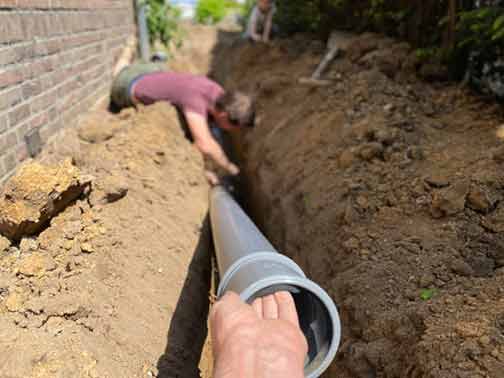
Attempting to repair or replace a sewer line without the necessary knowledge and experience can lead to further damage
Estimating the Cost
Given the various factors at play, providing an exact cost for sewer line repair is challenging without a thorough inspection of the specific situation. It is recommended to contact multiple trusted plumbing contractors to assess the problem, provide detailed estimates, and advise on the most appropriate repair method. Obtaining multiple estimates will allow you to make an informed decision and ensure you are not overcharged for the repair work.
The Value of Professional Sewer Line Repair
While the costs of sewer line repair may seem significant, it is important to emphasize the value of professional repair services. Attempting to repair or replace a sewer line without the necessary knowledge and experience can lead to further damage, increased expenses, and potential health hazards. By hiring a licensed plumbing professional, you can have confidence in the quality of work performed and the long-term durability of the repaired sewer line.
Maintaining a Healthy Sewer Line
Prevention is always better than cure. To minimize the risk of sewer line issues and costly repairs, homeowners should take proactive measures to maintain a healthy sewer system. Some recommended practices include:
- Scheduling regular professional sewer camera inspections and maintenance of the sewer line
- Avoiding flushing non-biodegradable or excessive amounts of material down the drains
- Using drain screens or traps to prevent debris and solid particles from entering the sewer line
- Being cautious with landscaping near sewer lines to prevent root intrusion
- Reacting promptly to signs of sewer line issues, such as slow drains or foul odors
Understanding the factors that contribute to the cost of sewer line repair allows homeowners to make informed decisions and budget accordingly. By prioritizing the maintenance of your sewer system and promptly addressing any issues, you can potentially prevent costly repairs in the future. Remember to reach out to reputable plumbing contractors for accurate estimates and professional repair services to ensure the longevity and functionality of your sewer line.

